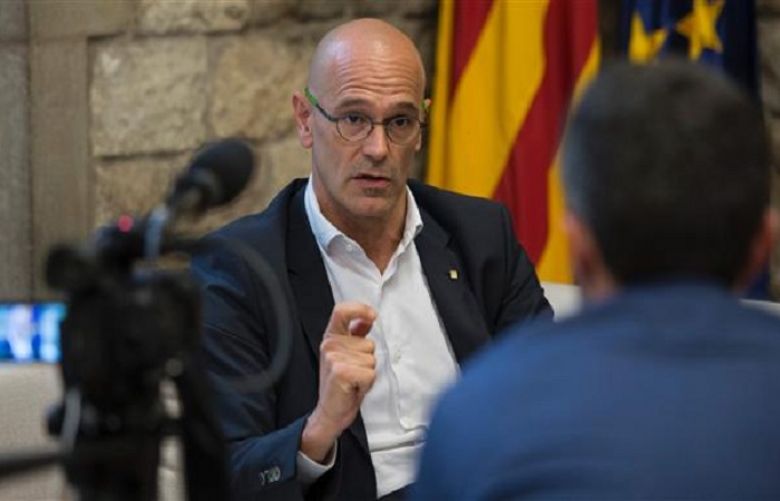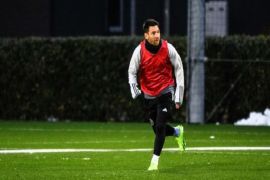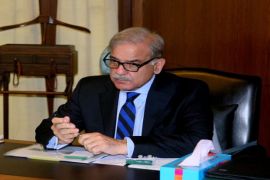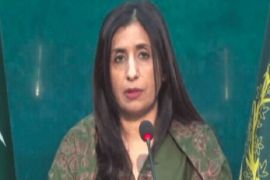A senior Catalan official says all institutions, inducing police, will only follow orders from democratically-elected regional government of Catalonia if Spain moves to impose direct rule on the separatist region.
The region’s foreign affairs spokesman Raul Romeva said in an interview with BBC on Monday that Catalan authorities will not follow orders from Madrid.
“It’s not that we will refuse (orders). It is not a personal decision. It is a seven million-person decision,” Romeva said.
“I have no doubt that all civil servants in Catalonia will keep following the instructions provided by the elected and legitimate institutions that we have right now in place (in Catalonia),” he added.
He said that Madrid needs to recognize that the Catalan people had voted for independence in a referendum on October 1 and that only the Catalan people have the right to change the regional institutions.
Spain’s Prime Minister Mariano Rajoy has announced plans to sack Catalonia’s regional government and limit the powers of its parliament, after Catalonia’s president Carles Puigdemont refused to drop the secession bid.
Rajoy called on Spain’s Senate on Saturday to trigger a section of the constitution -- known as Article 155 -- which allows Madrid to take over any of the country’s 17 autonomous regions should they break the law.
Romeva further urged the European Union to take action against Madrid’s attempt to impose direct rule on Catalonia.
“How can the European Union live with that situation if it appears,” he asked. “How can the EU democracy survive and how can they be credible if they allow this to happen?”
“The people and the institutions in Catalonia will not let this to happen,” he added.
Spain’s Deputy Prime Minister has said Madrid may choose a single representative to govern Catalonia temporarily.
A Catalan far-right party— The Popular Unity Candidacy (CUP)—meanwhile, warned that Madrid “will receive a response in the form of massive civil disobedience” if it dismisses the regional government.
The party denounced Madrid’s plans as the biggest aggression" against the Catalan people since the country was ruled by a military dictatorship from 1939 until his death in 1975.
The region’s political parties are scheduled to meet later on Monday to set a date and agenda for a gathering of the regional parliament to discuss the poetical issue and decided the next steps.
“What happens now, with everyone in agreement and unity, is that we will announce what we will do and how,” said Catalan government spokesman Jordi Turull.
He denounced Madrid’s move as “a fully-fledged coup against Catalan institutions.”
Madrid wants, among other measures, to take direct control of Catalonia’s police, the Mossos d’Esquadra, and warns it will consider increasing the presence of the National Police and Civil Guard.
Catalonia and the Basque Country are Spain’s only regions with their own fully deployed police forces.
In the Basque Country, people staged a demonstration in Beasain in support of Catalan separatists, joining hands across the streets to form a huge human chain.
Later, they gathered in the main square, where they sang ‘We are all Catalonia’ and listened to public speeches.
One of the speakers addressing the crowd said, “We send all our strength and support from here [to Catalonia]. We are all Catalonia. We are with you.”
The Basque Country is an autonomous community of northern Spain, which has been recognized by the Spanish Constitution of 1978.







